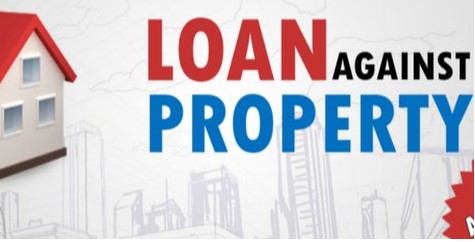
What is Lease Rental Discounting?
Lease Rental discounting meaning as a Rental Discounting is a term loan that is offered against rental receipts and is availed by tenants against leased contracts.
LRD is a tool to acquire loans from banks using rental receipts as collateral. The bank will examine long-term cash flow and provide the loan based on the exact amount. This loan is payable by the rents promised.
This means that a rental which is due just next month will have to take a relatively small loss in value as compared to rentals which are far off in the future. Standard concepts related to time value of money apply to such calculations.
Also, lease rentals are not secured by the property but by the rental cash flow that the property is expected to generate. It is for this reason that LRD agreements have to be signed between three parties. The borrower and the lender sign the usual agreement. The tenant also signs an agreement with the bank and is required to make rental payments to the bank and not to the lessor once such an agreement is in force.
How Does LRD Work?
Lease Rental Discounting (LRD) loans work on the premise of rental properties being owed a fixed amount of rent. Tenants enter into a lease with the owner of the property. This agreement mandates a regular payment which is known as rent. The property owner can use rental receipts drawn up for the duration of the lease as collateral while applying for a loan.
Pre-Requisites to Lease Rental Discounting
Not everyone who has given their property on rent can enter into a lease rental discounting agreement. These agreements can only be entered into if the following pre-requisites are met.
Corporate Tenants: Banks are using future cash flow as collateral to make lump sum loans now. Hence, the lease rental discounting loan is only as valuable as the future cash flows are certain.
It is therefore the bank’s responsibility to ensure that the tenant is financially fit to meet the obligations of the bank. Since corporations are publicly traded entities, information pertaining to them is easily available.
This allows banks to ascertain whether or not future payments are likely to come. It is for this reason that banks only discount lease rentals belonging to renowned corporations with a good credit rating.
Long Term Lease: Secondly, the tenure of the bank’s loan is usually between five to seven years.
Banks do not make short term lease rental discounting loans.








